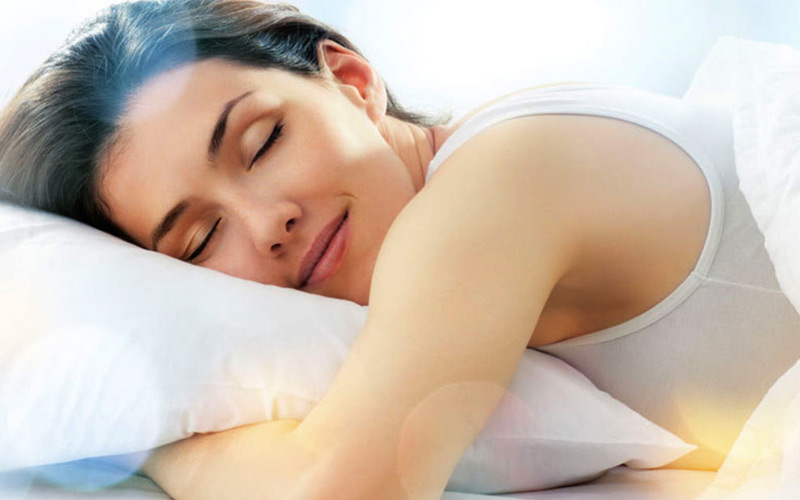Can Cannabinoids Help Treat Sleep Apnea?
Exploring the Link Between Cannabinoids and Sleep Apnea
Sleep apnea masks are often uncomfortable, and surgery can be costly. However, emerging research suggests that cannabinoids may help treat sleep apnea. A recent study published in the medical journal Sleep highlights the potential of dronabinol, a synthetic cannabinoid, to reduce sleep apnea symptoms.
Understanding Sleep Apnea
Sleep apnea is a common sleep disorder affecting an estimated 22 million Americans. It causes intermittent breathing interruptions during sleep, leading to fatigue, snoring, and serious health risks.
According to Dr. Jerald Simmons, MD, sleep apnea can contribute to:
- High blood pressure
- Strokes
- Diabetes
- Chronic fatigue
Common treatments include:
- CPAP masks: Provides continuous airflow
- Dental appliances: Adjusts the jaw to keep airways open
- Surgery: Effective but often expensive and invasive
Unfortunately, many patients struggle to use these devices consistently. Currently, no FDA-approved oral medications exist for sleep apnea.
The Study on Cannabinoids and Sleep Apnea
A groundbreaking study called the PACE Clinical Trial (Pharmacotherapy of Apnea by Cannabimimetic Enhancement) examined the effects of dronabinol on obstructive sleep apnea. Researchers from the University of Chicago and Northwestern University studied 73 patients with moderate to severe sleep apnea.
Participants were divided into three groups:
- A placebo group
- A low-dose cannabinoid group
- A high-dose cannabinoid group
The study found:
- Dronabinol significantly reduced sleep apnea symptoms
- Higher doses produced better results
- Patients with severe sleep apnea showed the most improvement
- Greatest benefits occurred during REM sleep, the most vulnerable sleep stage
What This Means for the Future of Sleep Apnea Treatment
While this study is promising, more research is needed before an oral cannabinoid medication becomes widely available. However, since dronabinol is already FDA-approved for other conditions, it could be fast-tracked as a sleep apnea treatment in the future.
Dr. Simmons remains hopeful, stating, “If there’s a medication that works, it would be very helpful. It could reduce the serious health risks associated with sleep apnea.”
Final Thoughts
Although sleep apnea treatments remain limited, cannabinoids like dronabinol show promise for managing symptoms. As research progresses, the possibility of a cannabinoid-based sleep apnea medication could offer relief to millions struggling with this condition.


Nice post. I learn something new and challenging on blogs I stumbleupon on a daily basis. It’s always helpful to read articles from other writers and practice something from other web sites.
Glad we are able to be a source of information and knowledge for you!
-Team Herbin
Intriguing post. I Have Been pondering about this matter,
so a debt of gratitude is in order for posting.
Entirely cool post. Thanks!
Best regards,
Thomassen Dencker
Thank you so much for your kind words! We’re happy you found us
-Team Herbin
This is a helpful article. By reading this, I can enrich my knowledge.
Your idea is actually outstanding. Thank’s to share us such
an important matter.
Best regards,
Boswell Cannon
Our absolute pleasure!
-Team Herbin
Found your article interesting to read. I can not wait to see your article shortly.
Good Luck for the upcoming update.This article is really quite interesting and effective.
Best regards,
Demir Dencker
Thank you and we are so happy you found us!
-Team Herbin
Nice post. I was checking continuously this blog and I am impressed! Extremely useful info particularly the remaining phase I care for such information a lot. I was looking for this particular information for a very lengthy time. Thank you and best of luck.
I care for such information a lot. I was looking for this particular information for a very lengthy time. Thank you and best of luck.
We’re happy you were able to take in all of the information
-Team Herbin’
where can i get cbd flower
Come visit us in shop any day!
-Team Herbin’
how do we use cbd oil???
Can be used a few different ways. Some people think of it like a rescue inhaler and some need it more as a daily multivitamin.
-Team Herbin’